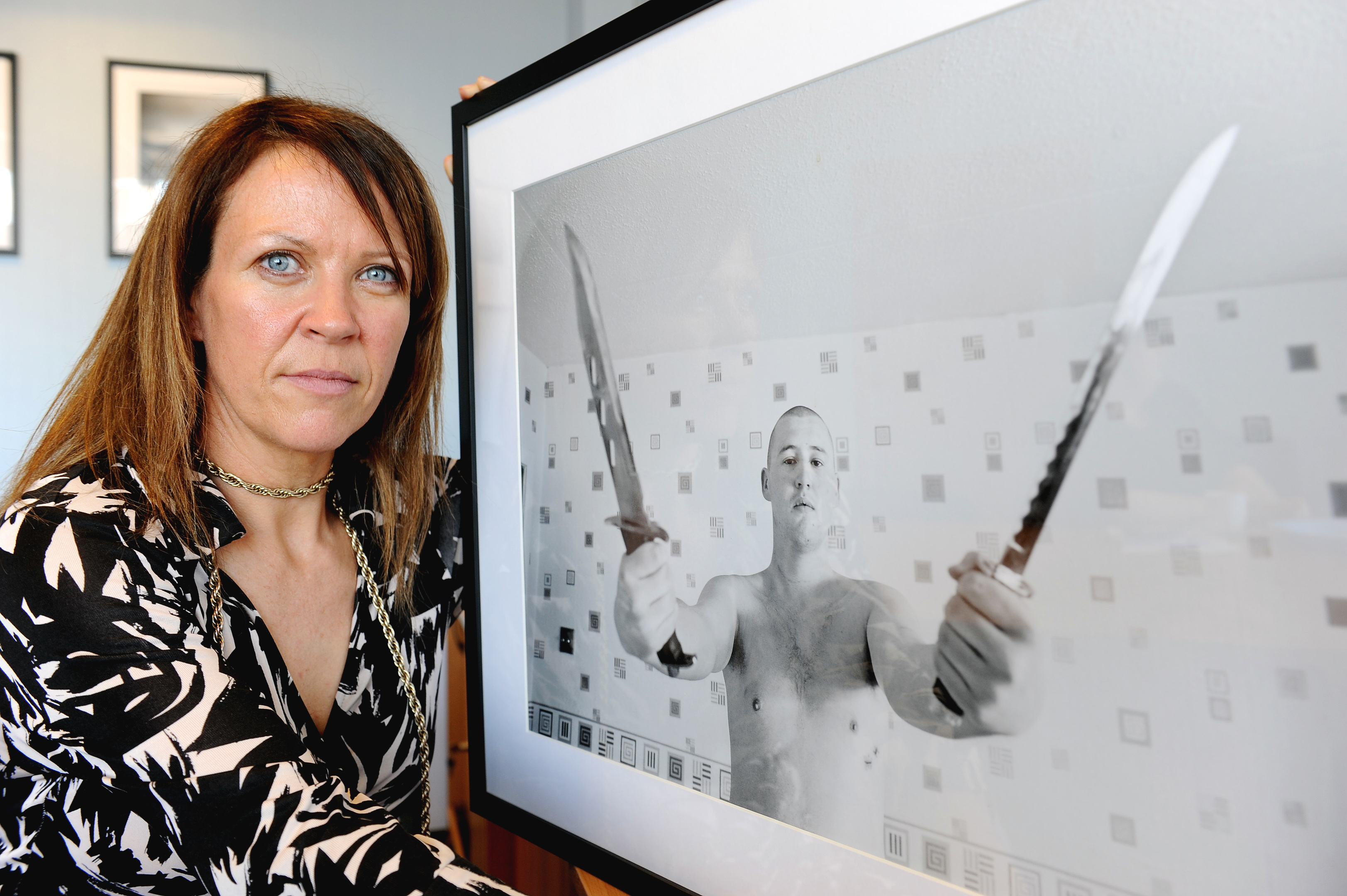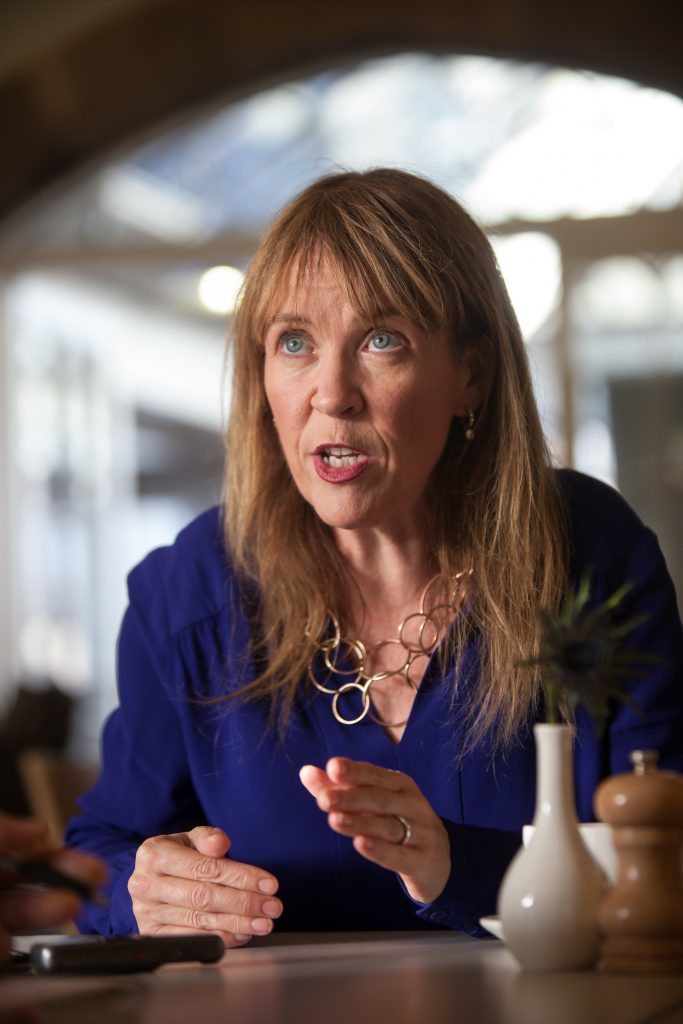
HELPING offenders build better lives will secure safer neighbour-hoods more effectively than jailing them for a few months at a time, according to the woman leading the Government’s drive for community justice.
Karyn McCluskey, head of Community Justice Scotland, said short prison sentences do nothing to curb crime but ending them will demand the most effective payback and rehabilitation services.
Up to 11,000 criminals will be spared jail each year after ministers announced a presumption against prison sentences of up to 12 months in the country’s courts.
The move will require a huge expansion of community justice programmes but Ms McCluskey believes new initiatives will be required for the generation of Scots committing crimes who now “live on their phones”.
Ms McCluskey, who led the Scottish Violence Reduction Unit (VRU) tackling the country gang culture, said sentences need to match the complexity of modern crimes such as cyber-enabled offences like sexting.
She also said she wanted to see more offenders brought face to face with their victims, as well as more programmes to address issues such as literacy in repeat offenders.
Ms McCluskey said the cost of ending short sentences is still unclear but argued the case for the move had been made.
She said: “I have been involved in jailing grandfathers, fathers and sons and I hate it. We need to move on.
“It is a big change, a lot more people and you have to shift resources.
“It’s a big number, 11,000, and it is ultimately up to the sheriffs, but we need to give people the confidence these services are there, that they work and we are in this for the long term.
“Not everyone will agree with me, I am sure there will still be people saying you need send everyone to jail.
“OK, but we tried that in the US – they jail 3.5m a year and it does not work.”
The traditional view of community-based sentences is one of people picking litter or painting fences.
Ms McCluskey is adamant people must pay their dues but added we need to move on from it just being about “graft”.
She said: “Not everyone has the capacity, if I speak about some of the women I deal with – I deal with women who come from abuse, from alcohol, from drugs.
“People make value judgments about a 19-year-old woman appearing in court, but I can tell you if I met her at the age of five or six it would be the same kids who are in the Barnardo’s abuse adverts, with their heads in their hands. We seem to forget that.
“It is not just about unpaid work, that is one part of it, but how do you get people to address their behaviour – how do you get them to address their alcohol, their drugs and their mental health and all the other things we know are drivers of crime.”
She said: “A lot of people who will now not go to jail will have additional needs.
“If you take something like literacy, this absolutely needs to be part of our thinking in the future.
“So much of the prison population has literacy issues.
“How can you apply for a job if you can’t read – it’s about equipping people to make positive choices.”
Councils, sheriffs and community sentence providers have all welcomed the move to end short sentencing but have warned it needs to be properly funded and not seen as a way of saving cash by closing expensive jails.
And, she admitted, there is a lot of work to be done in this area.
Ms McCluskey spent 21 years working with the police and helped establish the VRU in 2005.
Part of the VRU’s success has been through matching criminals and their victims to try and explain the damage done by their crime.
She said: I’ve got a passion for restorative justice but it is a not a low-cost option.
“In Northern Ireland and New Zealand it is embedded into the system but here it is more of an afterthought and that means victims and communities don’t get the chance to look someone in the eye and say, this is the harm you caused.
“It is not for everyone but the option should be there.”
However, politicians warned the good intentions of delivering effective justice in Scotland’s communities must be matched by proper resource.
Lib Dem education spokesman Liam Mcarthur said: “All the evidence shows community-based justice programmes and diversion-from-prosecution projects are far more successful in reducing reoffending and healing communities than short stints in prison.
“The Scottish Government’s recognition last month is a sensible solution for both offenders and communities.
“However, the move must be coupled with suitable new resources for community options to match the real costs of significantly expanding provision.
“People who are coming through the justice system must be supported so they can become part of the community again.”

Enjoy the convenience of having The Sunday Post delivered as a digital ePaper straight to your smartphone, tablet or computer.
Subscribe for only £5.49 a month and enjoy all the benefits of the printed paper as a digital replica.
Subscribe